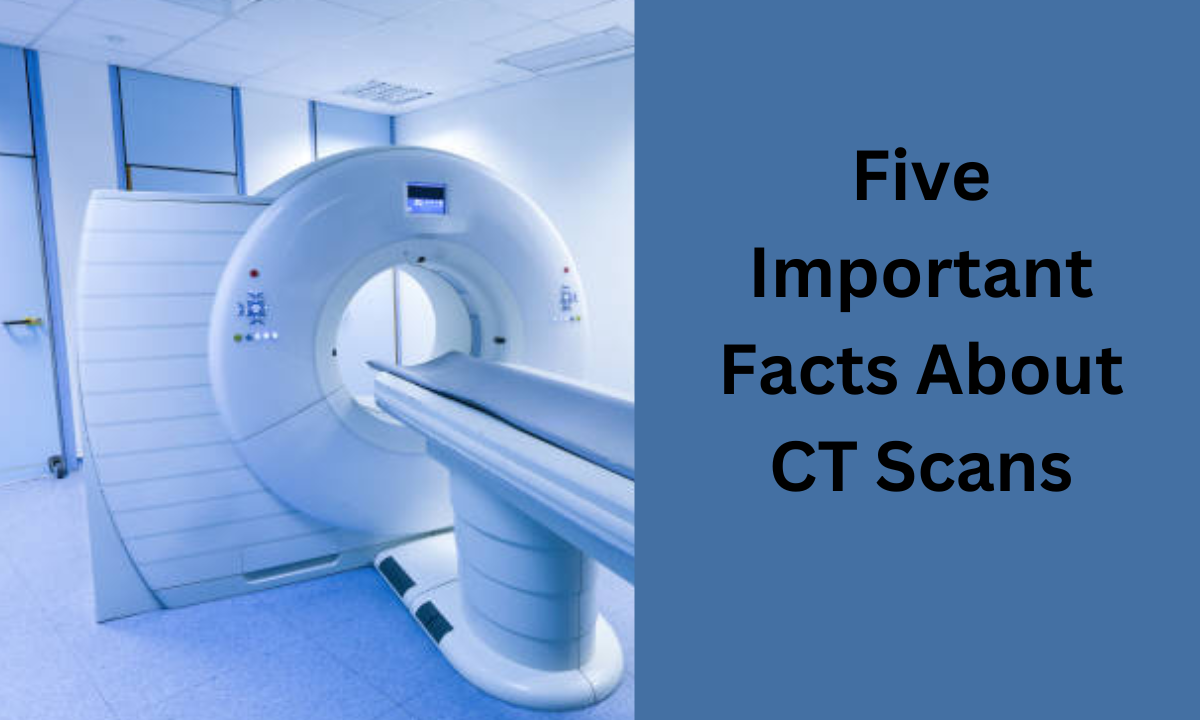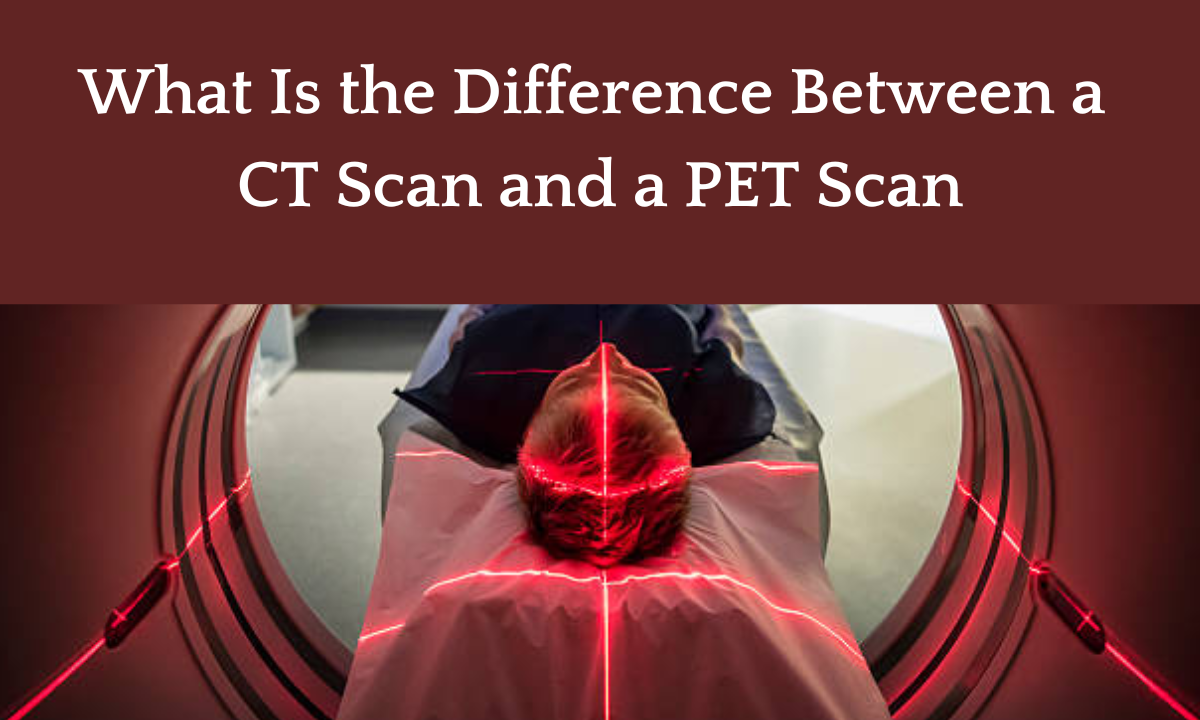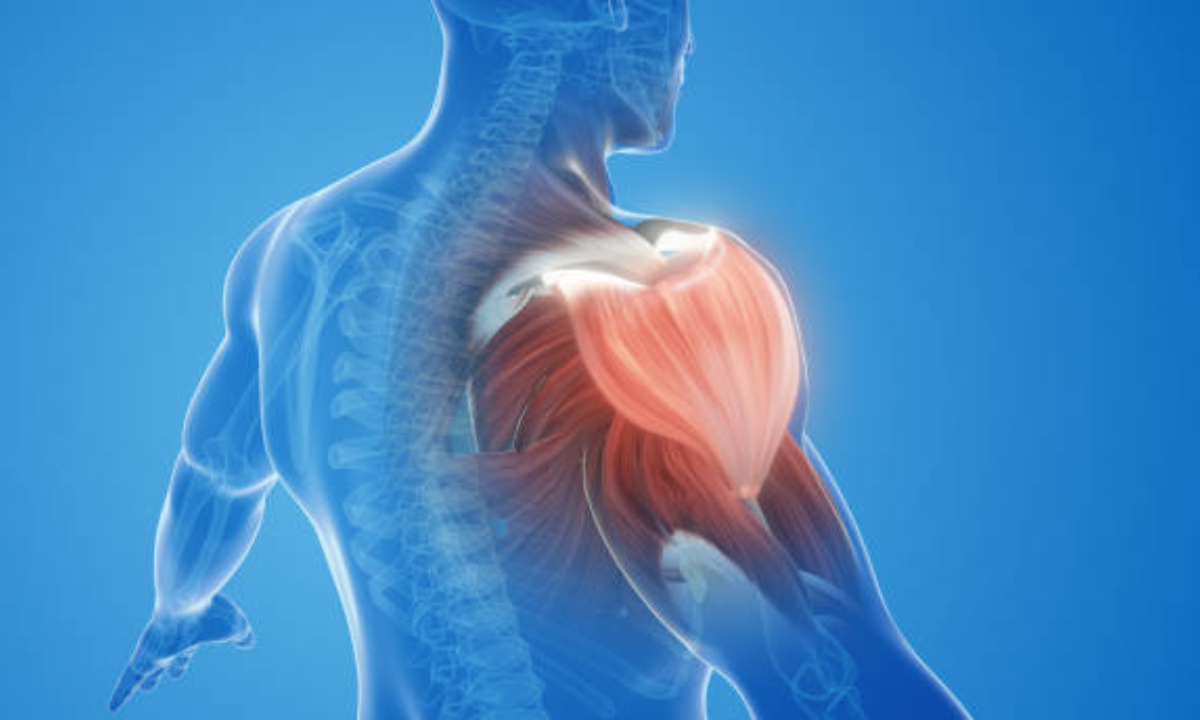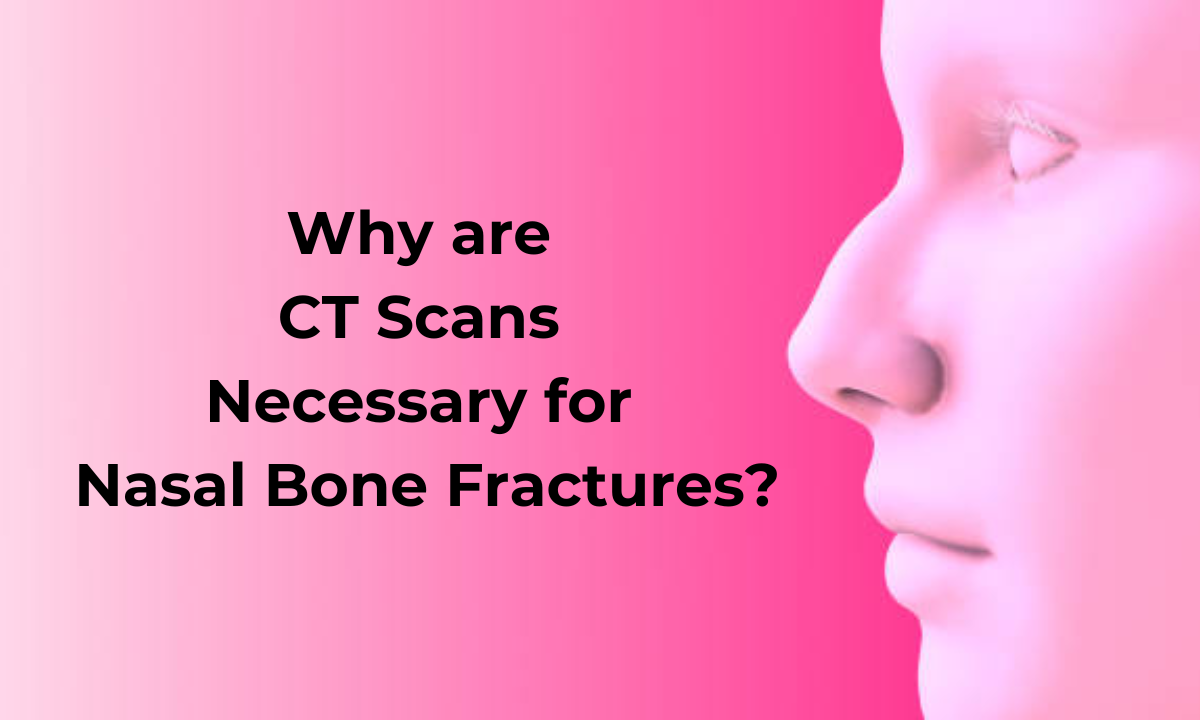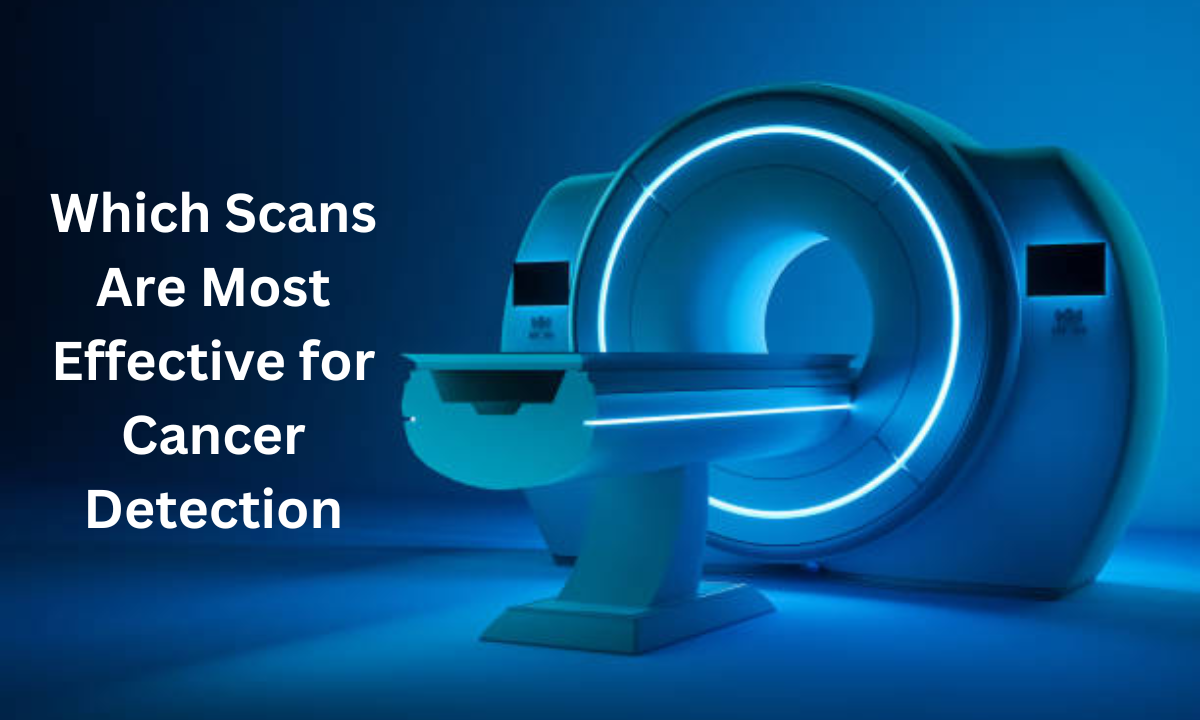Introduction
Imaging plays a crucial role in the detection, diagnosis and treatment of a range of ailments including kidney stones. CT Scan for kidney stones has grown into prominence as an efficient tool for enabling healthcare professionals to precisely locate the kidney stones present, assess their size, and rule out other possible medical conditions.
By shedding light on the benefits, limitations, and risks of CT scans, this blog aims to provide an extensive and elaborate understanding of the role of CT Scans for kidney stones. It is essential for patients and healthcare professionals to weigh the advantages and risks, enabling informed decision-making and personalised approaches to diagnosis and treatment.
The Role of CT Scans for Kidney Stones Diagnosis
Kidney stones are solid mineral deposits that form in the kidneys, which can cause severe pain and blockages in the urinary system. There are various factors that can contribute to the formation of kidney stones, with the primary and commonly encountered ones including inadequate water intake and prolonged retention of urine.
Diagnosing kidney stones usually involves evaluating the medical history of the patient and observation of the symptoms, along with imaging tests providing the needful information. This is where CT Scan for kidney stones come into the picture. CT scans, also known as computed tomography scans or CAT scans, utilise a series of X-rays to create detailed images of the body’s internal structures. By providing a comprehensive view, CT scans enable accurate diagnosis and assessment of kidney stones.
A CT scan for kidney stones generally captures the region stretching from the top section of the kidneys down to the base of the bladder. With the aid of this comprehensive and detailed scan, healthcare providers may accurately determine the size and placement of the stone as well as look for any potential ureteral abnormalities or irregularities (the ureter is the tube that links the kidneys and the bladder).
In some cases, a contrast dye may be administered orally or intravenously during the CT scan to improve the visibility and clarity of the images generated. The contrast dye highlights the structures and enhances the differentiation between normal tissues and potential stones or other abnormalities. However, CT scans without contrast dye are commonly performed when it comes to diagnosing kidney stones.
Advantages and Accuracy of CT Scans for Kidney Stones
CT scans provide considerable benefits over other imaging methods when it comes to detecting kidney stones. They are generally accessible, deliver results relatively rapidly, and allow easy accession of images. Offering thorough diagnostic skills, CT scans can also identify additional potential issues like appendicitis or diverticulitis.
In terms of accuracy, numerous studies have confirmed the effectiveness of CT scans in identifying kidney stones. These studies indicate that CT scans have a success rate of over 95% in correctly diagnosing kidney stones and a rate of over 98% in confirming the absence of stones.
A 2018 review found that low-dose CT scans exhibited high accuracy, correctly identifying kidney stones 90% to 98% of the time, while ultra-low-dose CT scans achieved rates of 72% to 99%. These findings support the reliability of CT scans as a primary tool in diagnosing kidney stones.
Considerations and Risks of CT Scans
CT scans can pose certain limitations and hazards, despite their diagnostic value. One drawback is that a CT Scan for kidney stones costs more. Additionally, repeated CT scans can escalate the risk of cancer since they expose the body to repeated radiation. According to a review study published in 2020, frequent CT scan radiation exposure was linked to an increased risk of thyroid cancer and leukaemia.
But do not worry about these potential side effects, to mitigate radiation exposure and the associated risks, low-dose CT scans have been introduced. These scans involve lower radiation levels, potentially reducing the risk of future cancer development. Recent evidence from high-quality studies suggests that low-dose radiation CT scans do not increase the risk of cancer.
It is important to note that specific populations, such as pregnant women, are relatively vulnerable and require special considerations regarding radiation exposure. Ultrasound is generally preferred over CT scans for pregnant women to minimise fetal radiation exposure.
The Procedure Involved: CT Scan for Kidney Stone
If you find yourself in the emergency room experiencing symptoms of a kidney stone, don’t worry! The physician will provide you with pain relievers and any other assistance you need to ensure your comfort. A radiographer, the medical practitioner in charge of the medical procedure, likely will interact with you before your CT scan to go through the particulars. It is typical to dress into a hospital gown and remove any metallic objects like jewellery or other accessories and keys before placing oneself on a table that will gently slide into the CT scanner. The above steps guarantee your comfort and safety while ensuring an appropriate and accurate assessment.
The scanner, which is shaped like a tunnel, has a rotating ring that acquires images of the target region. You must remain still during the procedure and rarely may be requested to hold your breath. Through an intercom, the radiographer will control the scanner from a different room and speak to you. The scan usually lasts about 10-20 minutes. If contrast dye was used, you could be asked to wait for a short period after the scan.
Cost of CT Scan for Kidney Stone
The cost of a CT scan for kidney stones can differ based on a number of variables, including the diagnostic centre, the specific kind of CT scan called for and any additional services or contrast material required. In Bangalore, a CT scan for kidney stones typically costs between INR 4,000 and INR 8,000. Since cutting-edge technology and trained personnel requirements are essential for a CT Scan procedure, it is expected to have relatively higher costs.
Amidst this, reputed diagnostic centres in Bangalore like Kiran PET-CT Scan Centre offer extensive and reliable CT Scans for Kidney stones at affordable costs with the intent of making healthcare facilities accessible to the general public.
Conclusion
CT scans are assuredly valuable tools for the identification and management of kidney stones. They offer reliable and thorough imaging of the urinary system, assisting medical practitioners to determine the presence of kidney stones. While CT scans are a helpful tool, it’s essential to have discussions with medical professionals to choose the best imaging alternatives depending on each patient’s needs and condition. Effective use of CT scans can aid patients obtain timely, specialised care, thereby boosting the effectiveness of their treatment and prognosis as a whole.
Are you looking for a reliable diagnostic centre for your CT Scan requirements? Contact Kiran PET-CT Scan Centre today!


